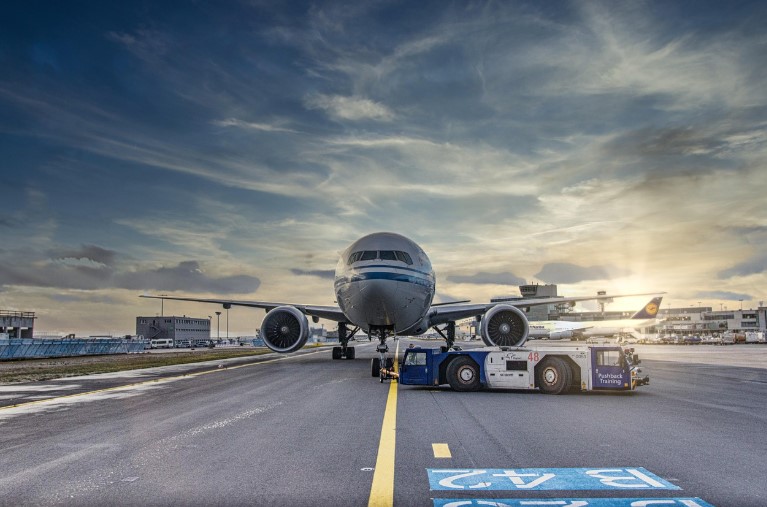The recent announcement that US-based aviation group Air T has agreed to acquire Rex Airlines—after the Australian carrier entered voluntary administration last year—is a noteworthy development for business-travel stakeholders, particularly those dependent on regional connectivity and resilient transport networks. T
Here’s a breakdown of the key takeaways and what they could mean for corporate travel programmes, supplier strategy and risk management in aviation.
What’s happened?
- Rex Airlines, which serviced many regional and rural routes across Australia, collapsed in 2024 and entered voluntary administration. T
- Air T, a NASDAQ-listed US aviation company specialising in regional aviation, maintenance and supply chains (including parts for older aircraft), has agreed to acquire Rex.
- The Australian government has already committed significant financial backing—up to A$80 million in loans to keep services running and a further A$50 million purchase of Rex’s debt from its largest creditor—to ensure continuity of essential regional services.
- A key condition from the Government: any purchaser must maintain “an ongoing, reasonable level of service to regional and remote communities,” deliver taxpayer value and strong governance.
Why it matters for corporate travellers and procurement teams
- Regional access is critical — Many corporates rely on smaller regional airports to reach sites, manufacturing centres, mining operations and dispersed business units. The rescue of Rex helps safeguard these vital links.
- Supplier & maintenance resilience — Air T’s strengths in parts supply and servicing ageing aircraft such as the Saab 340 (which Rex operated) suggest better reliability, fewer disruptions and potentially stronger contingency planning for route continuity.
- Governance & investment oversight — The involvement of government funding and conditions around service continuity means corporates can more confidently engage in regional travel, with reduced risk of abrupt route closures.
- Strategic partnership opportunities — For travel programme managers, this signals that regional carriers can evolve into strategic partners rather than just cost-centres. Collaborations around route planning, seat-block commitments or charter services can be re-evaluated.
- Risk-management lens — The aviation industry remains volatile; this deal highlights how airline failure can directly impact corporate mobility. Procurement teams should factor in contingency clauses in airline contracts and assess carriers' financial health and supply-chain robustness.
What to watch moving forward
- Service levels & route coverage: Will the new owner maintain existing regional routes, or rationalise them to focus on profitability? The government stipulated continuity of service, but the specifics and timings will matter for corporate travel itineraries.
- Fleet and equipment strategy: Rex operated older aircraft (Saab 340). With Air T’s maintenance strengths, there may be fleet upgrades or operational shifts—affecting schedule reliability, frequency and possibly fare structure.
- Cost implications: Any acquisition often prompts cost rationalisation. Corporations should monitor whether route changes or fare increases arise, and assess implications for travel budgets.
- Supplier contract renegotiations: For travel-management companies or large buyers of airline seats, this transition may trigger renegotiation of terms with Rex (or its successor). It’s a moment to review contracts, service-level agreements (SLAs) and substitution options.
- Broader industry impact: The Rex rescue may influence other regional carriers globally, impacting aviation-procurement strategies, consolidation risk assessments and regional connectivity mapping.
In short, the acquisition of Rex by Air T is more than a headline in aviation trade media—it has real implications for corporate travel, procurement and risk-management in regions dependent on smaller airlines. By treating regional aviation as a strategic component of your travel programme architecture rather than a marginal-cost line item, you can strengthen your organisation’s mobility resilience and cost-efficiency.
Equally, corporate accommodation providers such as Corporate Keys play a crucial role in supporting this travel ecosystem. When regional routes remain open and reliable, travelling professionals can seamlessly access long-stay, fully furnished apartments near key business districts, hospitals, and project sites. This alignment between aviation connectivity and flexible accommodation options ensures smoother travel continuity, reduced downtime, and a more efficient experience for relocating staff or extended corporate assignments.
